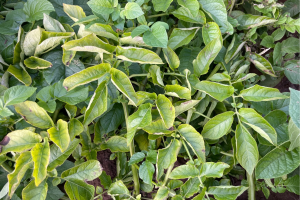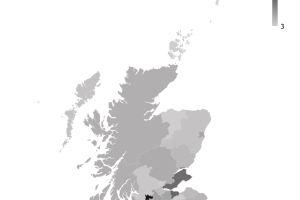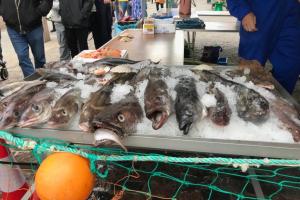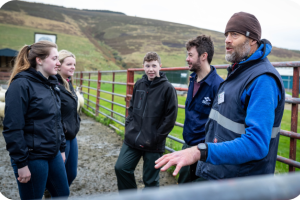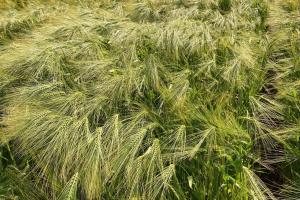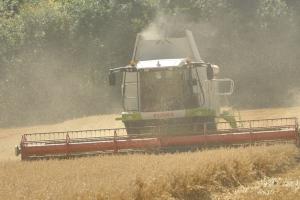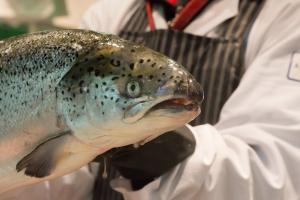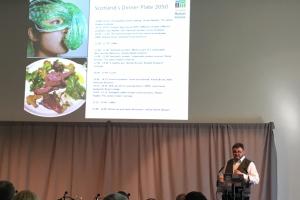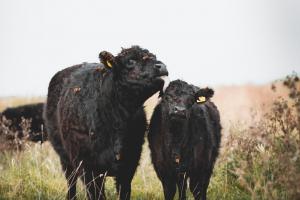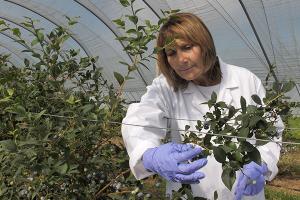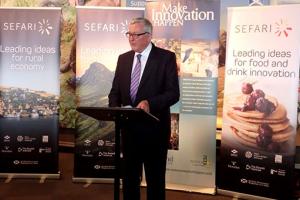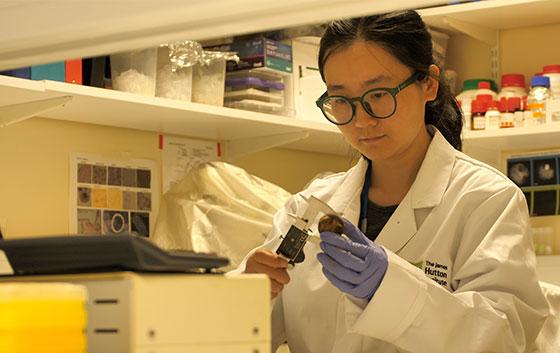
Globally we face significant food security challenges due to population growth, the requirement to live within environmental limits and changing geo-political factors. The need for innovation in the food and drink sector has never been greater, and SEFARI research focuses on innovation through science by reducing food waste, using waste differently, and considering what goes into our food products in the first place – as well as considering the efficiency of the systems which underpin the sector. All of this feeds into the Ambition 2030 growth targets for Scotland’s food and drink. SEFARI collaborates with businesses across the food chain, from farmers and growers, to processors, food companies and supermarkets to help drive the innovation agenda.

